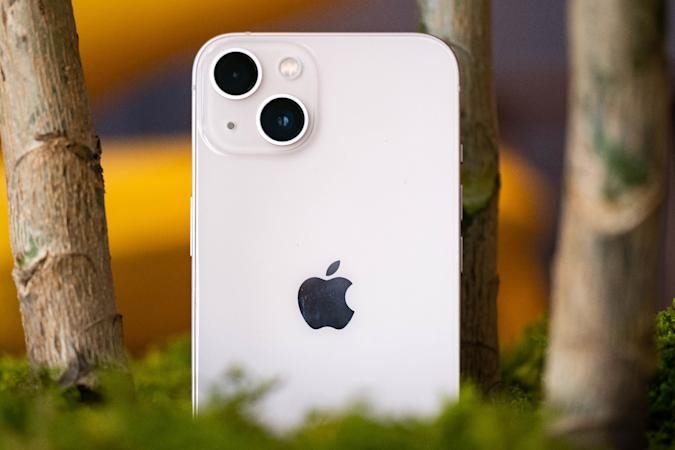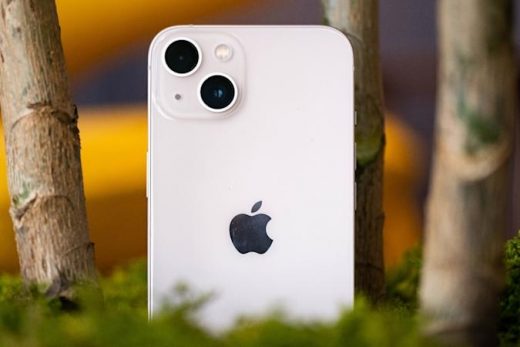Apple’s worst shipping delay is for a $19 polishing cloth
Smartphone shipments fell due to ongoing component shortages
But Apple managed to reclaim the number two spot.


From NVIDIA and AMD to automakers like GM, the global chip shortage has affected nearly every industry that depends on computer components, and now it’s even hurting smartphone manufacturers. According to Canalys, phone shipments dropped by six percent year-over-year in the third quarter of 2021. The firm says much of that is due to component shortages that made it impossible for those companies to meet consumer demand.
According to a preliminary estimate, Samsung shipped the most devices in Q3 2021, claiming a 23 percent share of the market. For the South Korean company, the good news is that it’s no worse off now than it was a year ago. Reclaiming the second spot, Apple managed to increase its share of the market by 3 percentage points year-over-year.
Rounding out the top five are a trio of Chinese manufacturers: Xiaomi, Vivo and Oppo. Together, they claimed a 34 percent slice of the market. One thing to note about the way Canalys does things is that it includes OnePlus shipments under Oppo, but doesn’t group Oppo with sister company Vivo. All three are owned by Chinese conglomerate BBK Electronics. When you think about things that way, it’s usually only second to Samsung as the largest smartphone manufacturer in the world.
Still, Apple’s performance is impressive when you consider its Q3 numbers only include about one week of iPhone 13 sales. Canalys didn’t speak to the company’s numbers specifically, but it’s likely the strength of Apple’s supply chain helped it thrive in a challenging market. The company is one of TSMC’s most important customers, commanding a sizeable portion of its chip output.
“The chipset famine has truly arrived,” said Canalys Principal Analyst Ben Stanton. “The smartphone industry is striving to maximize production of devices as best it can.” The problem is that the supply shortage is expected to continue well into 2022.
(19)


